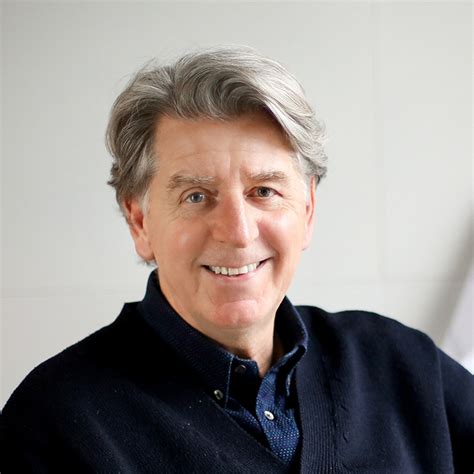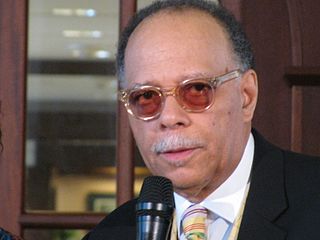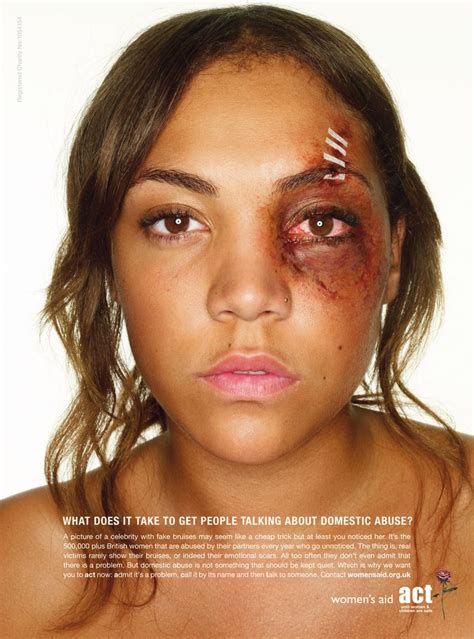A Quote by Justin Simien
One of the facets of growing up the way I did, I never had the experience of being solely in the black community. Even my family, my mother is what they call Creole, so she's part French, part black, and grew up in Louisiana. It's a very specific kind of blackness that is different than what is traditionally thought of as the black community and black culture. So, I never felt a part of whatever that was.
Related Quotes
I would say I'm black because my parents said I'm black. I'm black because my mother's black. I'm black because I grew up in a family of all black people. I knew I was black because I grew up in an all-white neighborhood. And my parents, as part of their protective mechanisms that they were going to give to us, made it very clear what we were.
I grew up in Columbia, Maryland, a planned community built during the sixties. During the early years, it was very integrated. I grew up being taught by black teachers with black principals and vice principals and, you know, a lot of black friends. We played in mixed groups, and I kind of thought that was how it was.
I felt like it was a courageous show [Black-ish] from the beginning. We are a black family - we're not a family that happens to be black. But the show is not even about us being black. The show is about us being a family. That is groundbreaking - on TV, the black characters either happen to be black or they're the "black character," where everything they say is about being black. I think that's the genius.
White people scare the crap out of me. I have never been attacked by a black person, never been evicted by a black person, never had my security deposit ripped off by a black landlord, never had a black landlord, never been pulled over by a black cop, never been sold a lemon by a black car salesman, never seen a black car salesman, never had a black person deny me a bank loan, never had a black person bury my movie, and I've never heard a black person say, 'We're going to eliminate ten thousand jobs here - have a nice day!'
'Smart Funny and Black' is basically a live black pop culture game show that I created. We have a live band. We have two contestants that we call 'blacksperts.' They come on stage and compete in games that I've created that test their knowledge of black culture, black history, and the black experience.




































